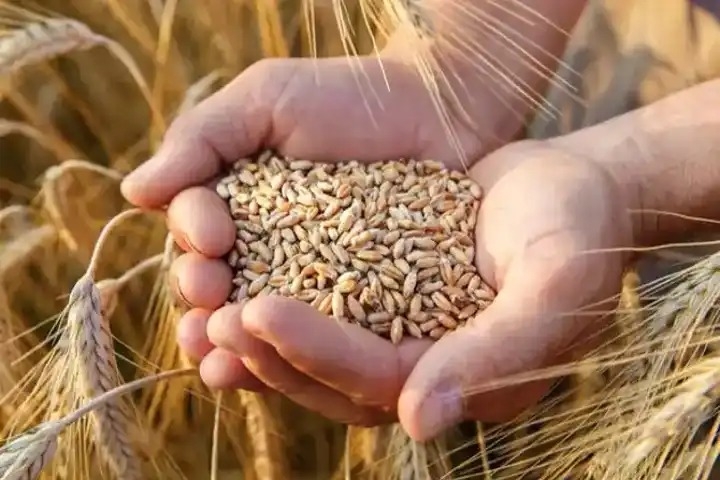Besides sending wheat, India has also been consistently providing medical and food assistance in Afghanistan since Taliban takeover…reports Asian Lite News
In a significant contribution to Afghanistan which is grappling with a serious humanitarian crisis, India has sent an unprecedented 47,500 metric tons of wheat since the Taliban takeover, Khaama Press reported.
Besides sending wheat, India has also been consistently providing medical and food assistance using land routes bordering Pakistan and the Chabahar Port in Iran.
India remains committed to providing humanitarian assistance in collaboration with the United Nations World Food Program (WFP) due to the worsening humanitarian situation and urgent appeals from UN agencies, Khaama Press reported citing official sources.
“For the first half of this year, 16 million people in Afghanistan received life-saving food from WFP. We are grateful for generous donors like India who make that happen,” WFP stated.
Since August 2021, Afghanistan has received 200 metric tons of medical assistance. This aid comprises vital medications, COVID vaccines, anti-TB drugs, and medical and surgical supplies.
The authorities at the Indira Gandhi Children’s Hospital in Kabul received the above items.
Additionally, India has also extended its ongoing support to the Habibia School in Kabul by dispatching winter clothing and stationery items intended explicitly for primary students, Khaama Press reported.
Earlier in July, India donated 10,000 meric tonnes of wheat to Afghanistan amid extreme food crisis.

In June, the Indian government sent another 20,000 metric tons of wheat to Afghanistan amid a humanitarian crisis in the country using Iran’s Chabahar port, Khaama Press reported.
Earlier, another wheat assistance delivery of 40,000 tons was carried out by New Delhi through Pakistan’s land border.
India shows its dedication to promoting the stability and prosperity of Afghanistan by widening the channels for aid distribution, as per Khaama Press.
Afghanistan, under the Taliban, is facing its worst humanitarian crisis and the women of the country are denied fundamental rights. According to a World Food Programme assessment, Afghanistan is one of the nations with extreme food insecurity, with nine million people affected by severe economic difficulties and hunger.
Since the Taliban seized power in August 2021, the law and order situation in the country has only deteriorated, with the rise in cases of terrorism and blasts.
The group banned women from going to schools, and later in December last year, they banned women from going to universities and working with aid agencies. (ANI)














